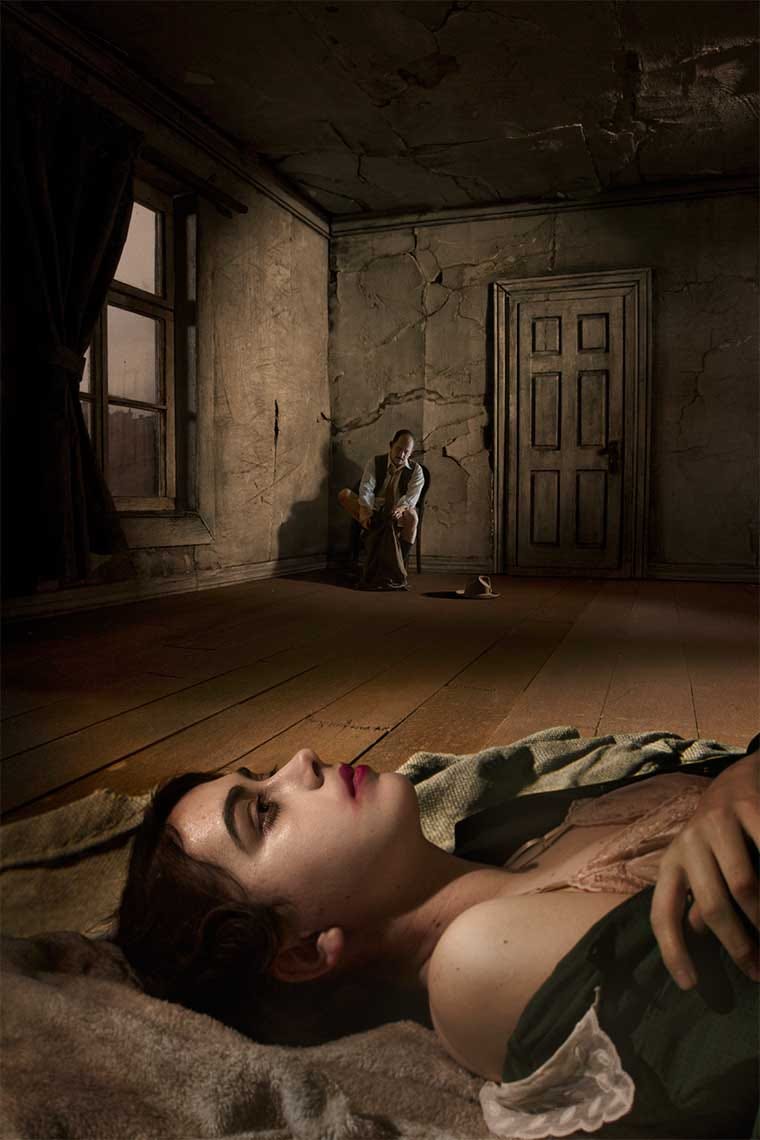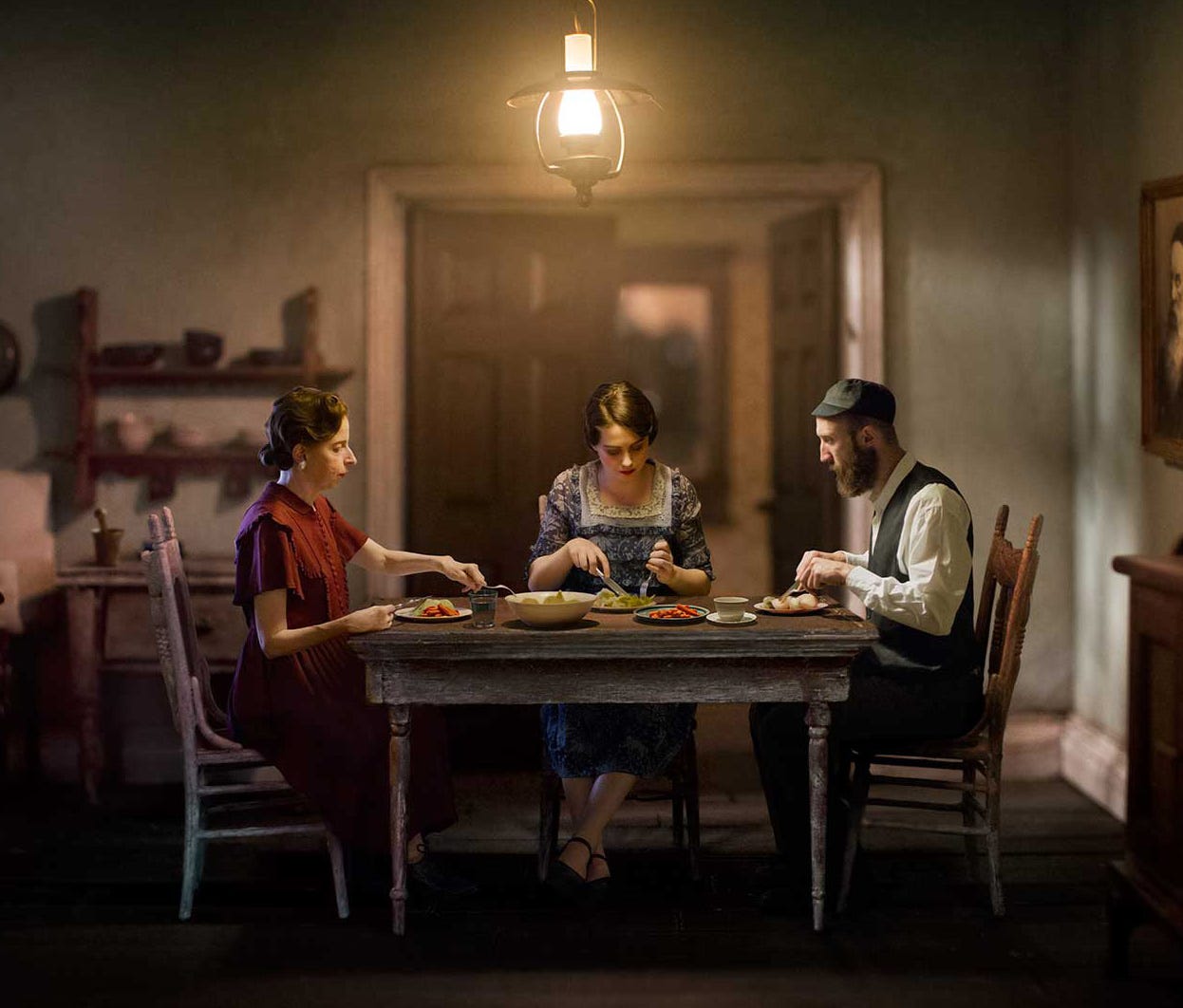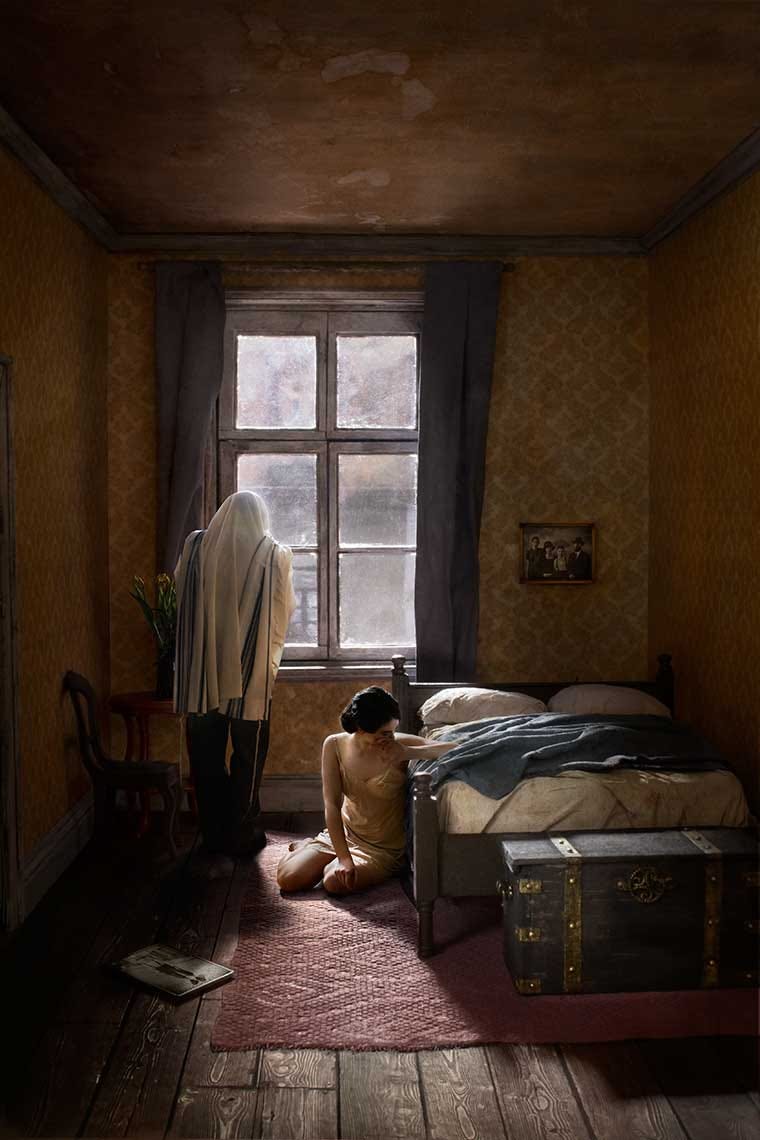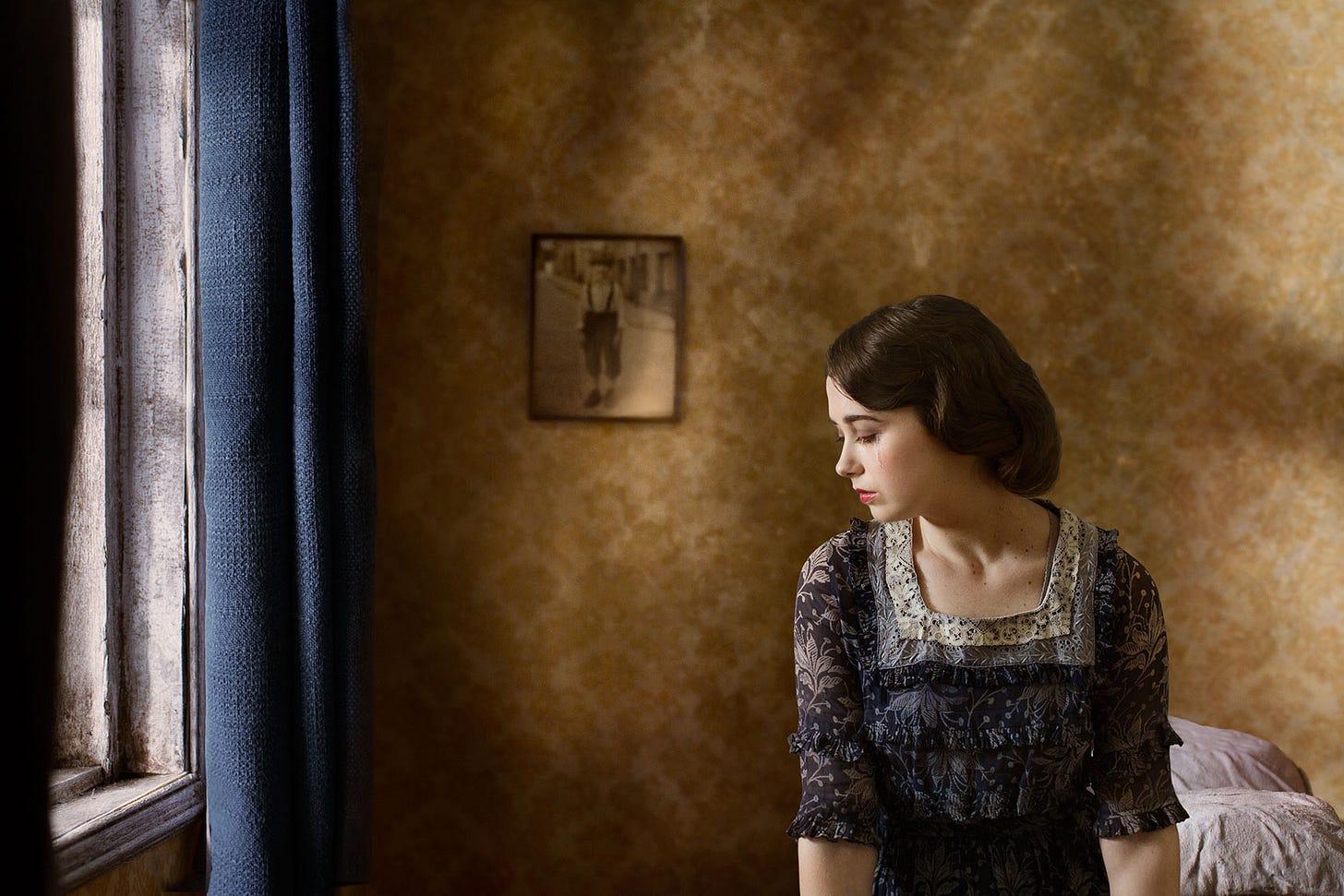My Tribalism Is Better Than Yours
(Or not.)
I wasn’t planning to post anything about the ongoing tragedy in Israel and Gaza, but I can think of little else. I am utterly distressed and heartbroken by all of the suffering and death, and utterly disheartened by all of the hatred.
As a Jew, I feel in my heart an unbreakable bond with the state of Israel and my Jewish brothers and sisters there. They are my people. The unspeakable brutality perpetrated by Hamas on innocent Israelis was pure evil, full stop. I believe, as I always have, that the world needs a democratic Jewish state as much as we Jews do. This does not mean that I support the Israeli occupation, many of its governmental policies, its past actions, or all of its current tactics. I am also heartbroken by the Palestinians’ great suffering and loss of innocent life in Gaza and elsewhere. Both Palestinians and Israelis are deeply traumatized, and in my view, both have been horribly betrayed by their leaders.
Many point to tribalism (or its religious manifestation) as the culprit, as if ridding ourselves of this meddlesome prehistoric instinct would solve the world’s problems. I acknowledge the persuasively simple appeal of this argument, and I am no anthropologist. But aside from its being utterly unrealistic, I don’t entirely agree with the premise as I understand it. Despite whatever advances civilization has afforded humanity, as social beings we all still have a deep need and desire to be a part of, and to identify with, groups larger than ourselves, but not too large. I think everyone agrees with the necessity and benefits of community, but isn’t that just the positive flip side of tribalism? Can you have one without the other? It’s natural that communities (or tribes) will be different from one another, just as individuals and families (probably the most fundamental community or tribe) are different from one another. As Rabbi Jonathan Sacks, of blessed memory, wisely pointed out, “there is dignity in difference”. The question is, can we resist conflating “difference” with superiority or inferiority, or worse? Can we avoid or overcome the narcissism of believing that our group has a monopoly on the truth? Can we resist the instinct to dehumanize our perceived enemies, which in turn allows us to justify our most violent impulses? Is it naive to want, at the same time, to protect ourselves from, and still feel empathy for, people who want to harm us? What about their children? I have more questions than answers, but it seems to me quite a double-edged sword.
“I believe in justice, but I will defend my mother before justice”
Albert Camus, in his speech accepting the 1957 Nobel Prize for Literature
The images in this newsletter are from my series, Once Upon A Time In Kazimierz. The project portrays an episode in the life of a fictional Jewish family living in Krakow, Poland in the year 1930. I wanted the dark tones to foreshadow the coming tragedy of the Holocaust, without explicitly depicting it. My own great-grandparents immigrated to the U.S. around 1900, fleeing anti-Semitism in Poland and Russia. By the 1930s in Europe, spiking anti-Semitism was literally the writing on the wall: The late Israeli novelist, Amos Oz, once lamented in an interview: “In the 1930s the graffiti in Europe said ‘JEWS TO PALESTINE’. Now the graffiti in Europe says ‘JEWS OUT OF PALESTINE’. In other words, ‘don’t be here, don’t be there, just don’t be.”
Muslim & Jewish Mothers' Prayer for Life and Peace
by Sheikha Ibtisam Mahameed & Rabbi Tamar Elad-Appelbaum
God of Life
Who heals the broken hearted and binds up their wounds
May it be your will to hear the prayer of mothers
For you did not create us to kill each other
Nor to live in fear, anger or hatred in your world
But rather you have created us so we can grant permission to one another to sanctify
Your name of Life, your name of Peace in this world.
For these things I weep, my eye, my eye runs down with water
For our children crying at nights,
For parents holding their children with despair and darkness in their hearts For a gate that is closing, and who will open it before the day has ended?
And with my tears and prayers which I pray
And with the tears of all women who deeply feel the pain of these difficult days
I raise my hands to you please God have mercy on us
Hear our voice that we shall not despair
That we shall see life in each other,
That we shall have mercy for each other,
That we shall have pity on each other,
That we shall hope for each other
And we shall write our lives in the book of Life
For your sake God of Life
Let us choose Life.
For you are Peace, your world is Peace and all that is yours is Peace,
And so shall be your will and let us say
Amen.
“Suffering is not enough. Life is both dreadful and wonderful...How can I smile when I am filled with so much sorrow? It is natural—you need to smile to your sorrow because you are more than your sorrow.”
― Thich Nhat Hanh







Thank you, Richard, for bravely articulating the questions that are churning in your heart. I am grappling with similar ones at this heartbreaking time. Your art is deeply moving, a tribute to our ancestors whose lives and stories, dreams and sorrows echo through our own. I sometimes wonder how future generations will view us as ancestors. . . keep writing, keep creating. your voice is needed.
Beautifully written, Richard. We are all struggling to find a way through the unspeakable, and I appreciate your words.